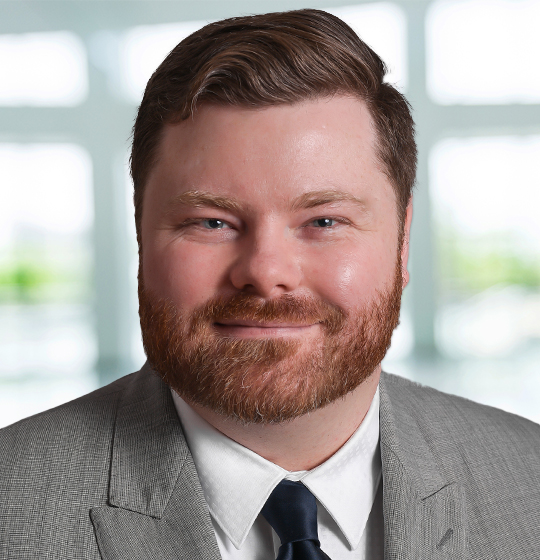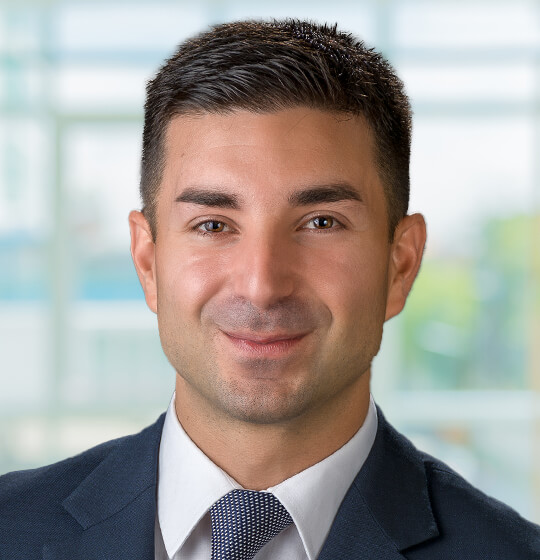Quick Hits
- The Supreme Court of Ohio issued a ruling confirming that Ohio municipalities did not violate the U.S. Constitution or the Ohio Constitution by taxing remote workers who lived outside of city limits during the COVID-19 pandemic.
- The ruling applies only to a temporary state law applicable during the COVID-19 pandemic that has since been lifted.
- The Ohio Supreme Court held that the law did not violate the Due Process Clause of the Fourteenth Amendment of the U.S. Constitution, nor did it violate the Home Rule Amendment of the Ohio Constitution.
Background
Josh Schaad worked primarily from his home in Blue Ash, Ohio, during the pandemic. Applying a temporary state law, his employer withheld municipal income taxes from his wages and deposited them with the City of Cincinnati, Ohio, the location of his employer’s business. After being denied a tax refund, Schaad filed a lawsuit challenging the law’s constitutionality, with his primary argument being that the U.S. Constitution forbids an Ohio municipality from taxing a nonresident for work performed outside that municipality. He also argued that the Ohio Constitution’s Home Rule Amendment prohibits municipalities from taxing those who do not live or work inside the city limits and prohibits the Ohio Legislature from compelling municipalities to impose such taxes.
The Court’s Ruling
In a 5–2 decision, the Ohio Supreme Court ruled against Schaad and held that the Due Process Clause of the Fourteenth Amendment of the U.S. Constitution was not implicated by “purely intrastate taxation,” such as the taxation at issue in Schaad. The court distinguished several due process cases that Schaad cited because they involved the imposition of taxes on persons who did not reside in Ohio. Finally, the court held that the Ohio Constitution’s Home Rule Amendment (Article XVIII, Section 3), by which the state delegated certain powers to municipalities, did not prohibit the temporary law “because the [Ohio Legislature] has the power to grant a municipality additional authority … and the power to limit a municipality’s authority to collect taxes” and because the law “permissibly authorize[d] the municipality of the employee’s principal place of work to collect municipal income taxes from the employee.”
Importantly, the Ohio Supreme Court noted that the Ohio Legislature’s power to pass emergency legislation, such as that which was enacted during the COVID-19 pandemic, did not expand the legislature’s “substantive constitutional powers,” but that principle did not change the outcome of Schaad’s case.
Dissent
Chief Justice Sharon L. Kennedy and Justice Patrick F. Fischer each authored separate dissenting opinions. Justice Kennedy focused on the Ohio Constitution’s Home Rule Amendment, stating that it denied municipalities the power to tax those who did not live or work inside the city limits and prohibited the Ohio Legislature from compelling municipalities to impose such taxes.
Justice Fischer focused on the U.S. Constitution and took the position that Schaad’s rights may have been protected by the federal Due Process Clause, but that the Supreme Court of the United States had not yet taken a position on the issue of whether federal due process protections were implicated by an intrastate municipal tax that extended outside the municipality’s boundaries, and under what circumstances.
Key Takeaways
Ohio municipalities could lawfully collect income taxes from remote employees working outside their boundaries during the COVID-19 pandemic. Thus, employers in Ohio that followed the law during the pandemic do not need to amend their payroll tax filings. Although the decision provides some clarity as to the constitutionality of taxing remote workers in Ohio during the pandemic, it is unclear whether courts will apply similar reasoning to remote worker taxation efforts in the future.
Ogletree Deakins’ Cleveland and Columbus offices will continue to monitor developments and will publish updates on the Ohio blog as additional information becomes available.
Follow and Subscribe






